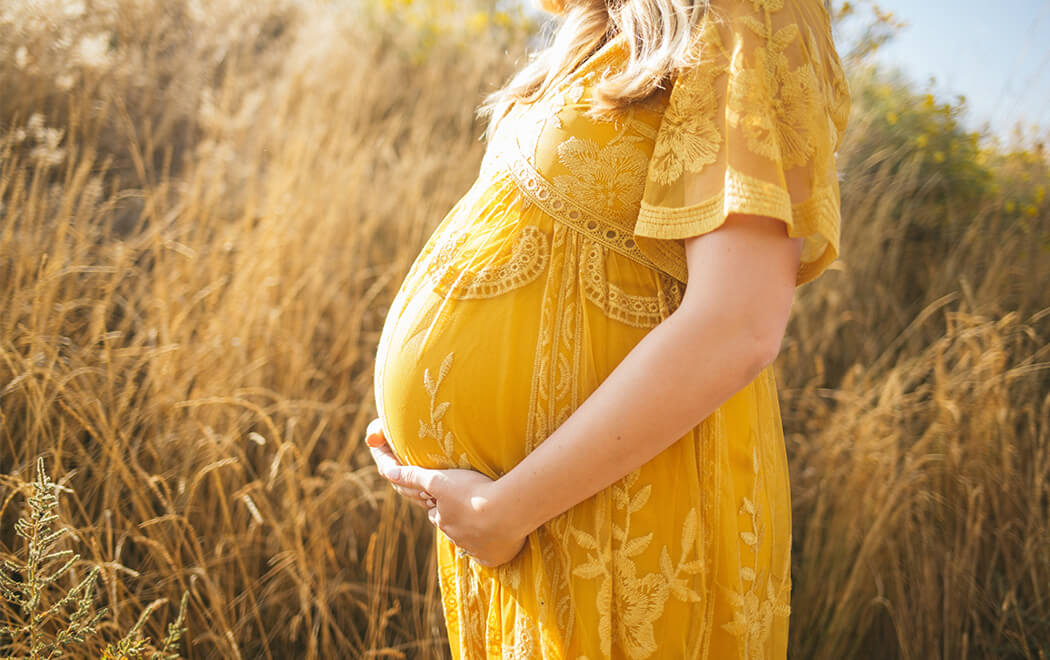The National Health & Medical Research Council Guidelines 'To reduce health risks from drinking alcohol' are clear: to prevent harm from alcohol to their unborn child, women who are pregnant or planning a pregnancy should not drink alcohol.
Below are some of the most frequently asked questions when it comes to consuming alcohol when trying for a baby.
Is there ever a safe time to drink alcohol during pregnancy?
A baby’s brain develops throughout the entire pregnancy – starting from conception – meaning there is no “safe” time to drink alcohol at any point during the pregnancy. It's for this reason that the National Health & Medical Research Alcohol Guidelines state that women planning a pregnancy or who are pregnant should should not drink alcohol.
What if I only have one or two drinks?
We know there is no safe level of alcohol to drink during pregnancy, meaning even just one or two drinks can cause damage to a developing baby’s brain. The greater the volume of alcohol consumed, the higher the risk of the baby developing Fetal Alcohol Spectrum Disorder (FASD) becomes.
Isn’t it the job of the placenta to filter out harmful substances?
Alcohol crosses the placenta, meaning the baby is exposed to the same blood level of alcohol as the mother. Because the baby’s liver is not fully formed, the baby cannot process the alcohol in the same way, and this can cause the brain damage known as FASD.
But not all alcohol is the same – what if I have a drink with a lower concentration of alcohol?
It doesn’t matter what you drink – whether champagne, wine, beer or spirits – if it has alcohol in it, it can put your baby at risk of developing FASD.
I don’t drink often – isn’t it only children of women who have an alcohol addiction or are heavy drinkers that will have children with FASD?
Although the risk is greatest with high, frequent alcohol consumption (particularly in the first trimester), low to moderate levels of alcohol consumption can also affect the development of the brain at any time during pregnancy.
Can children grow out of FASD?
FASD is a lifelong disability and although with support, those living with FASD can live happy and healthy lives, FASD cannot be cured.
Do all children with FASD have distinctive facial features?
FASD is often referred to as the ‘invisible’ disability as you can’t tell just by looking at someone’s face. Less than a third of people with FASD have any distinctive facial features. It is the damage to the brain that causes the physical, cognitive and behavioural impairments known as FASD.
